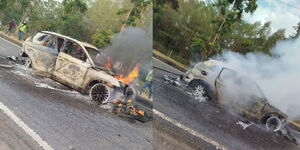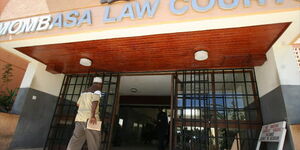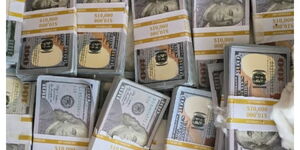Kenya is staring at a fuel shortage after some independent fuel retailers which account for 68 per cent of the market blamed the Energy and Petroleum Regulatory Authority (EPRA) subsidy that has reduced their margins.
The Petroleum Outlets Association of Kenya (POAK) on Thursday noted that retailers who are its members have seen their margins shrink after the State removed wholesale caps, pushing some retailers into losses.
Speaking to Kenyans.co.ke, POAK CEO John Njogu remarked that while the subsidy cushions customers, it has left petrol outlets exposed with some unable to make profits, forcing them to close.
“Without a wholesale cap, independent players who make 68 per cent of petrol stations in Kenya are buying fuel at Ksh1 margin or zero margin which is forcing them to shut down their petrol stations due to lack of profitability,” he stated.
POAK maintained that without a wholesale cap, the independent suppliers were unable to supply fuel to motorists since they were accessing fuel from wholesalers at the same rate as EPRA-approved pump prices.
“Price stabilisation is supposed to support the whole industry,” POAK had complained.
How wholesale cap works
According to Njogu, the logistics of fuel involves three key players; importers, wholesalers and retailers.
“With a wholesale cap, there is a Ksh12.36 margin per litre of fuel between the importer and the retailer,” he explained noting that this meant wholesalers had to sell to retailers at Ksh8 margin.
Njogu explained that with stabilisation in effect, the OMCs were free to sell at a wholesale price of their choice.
Since the marketers also operate their own pump stations, they were now selling the fuel to retailers at Ksh193 or Ksh194.68 which is the approved pump price by EPRA.
“This means that most petrol stations are not able to make any profit and are closing shop until a time when the government will re-introduce the cap enabling them to be able to sell at a profit,” he explained.
Njogu noted that most rural areas will go without fuel since most independent retailers supply remote areas.












